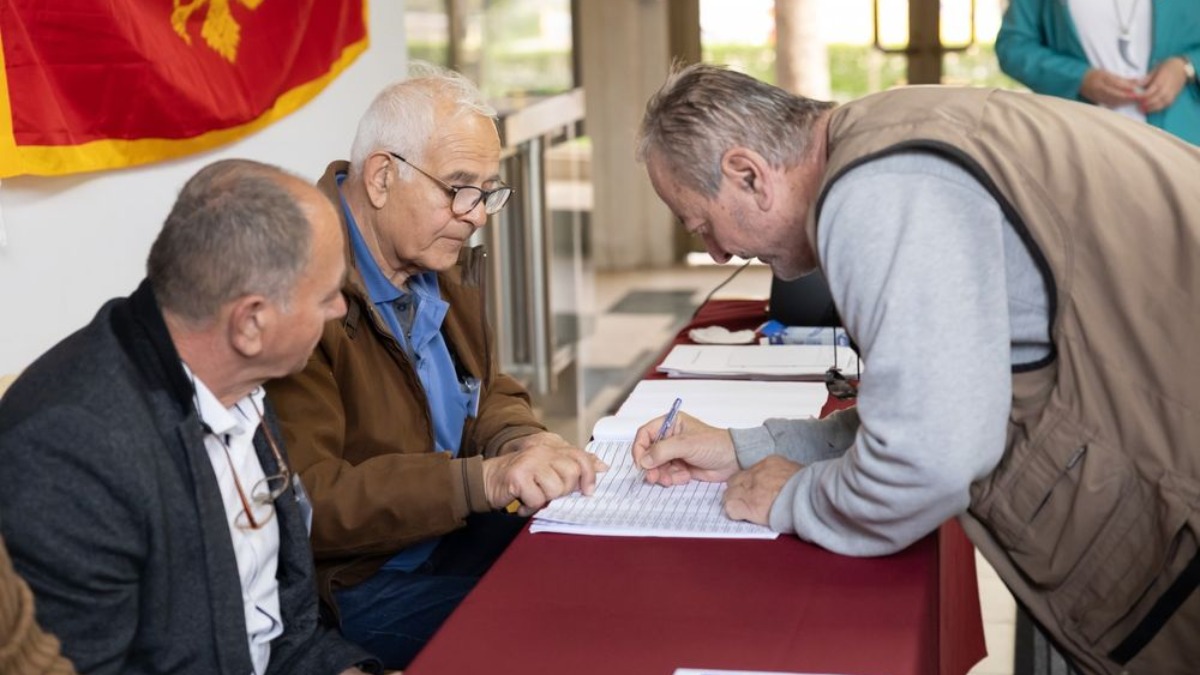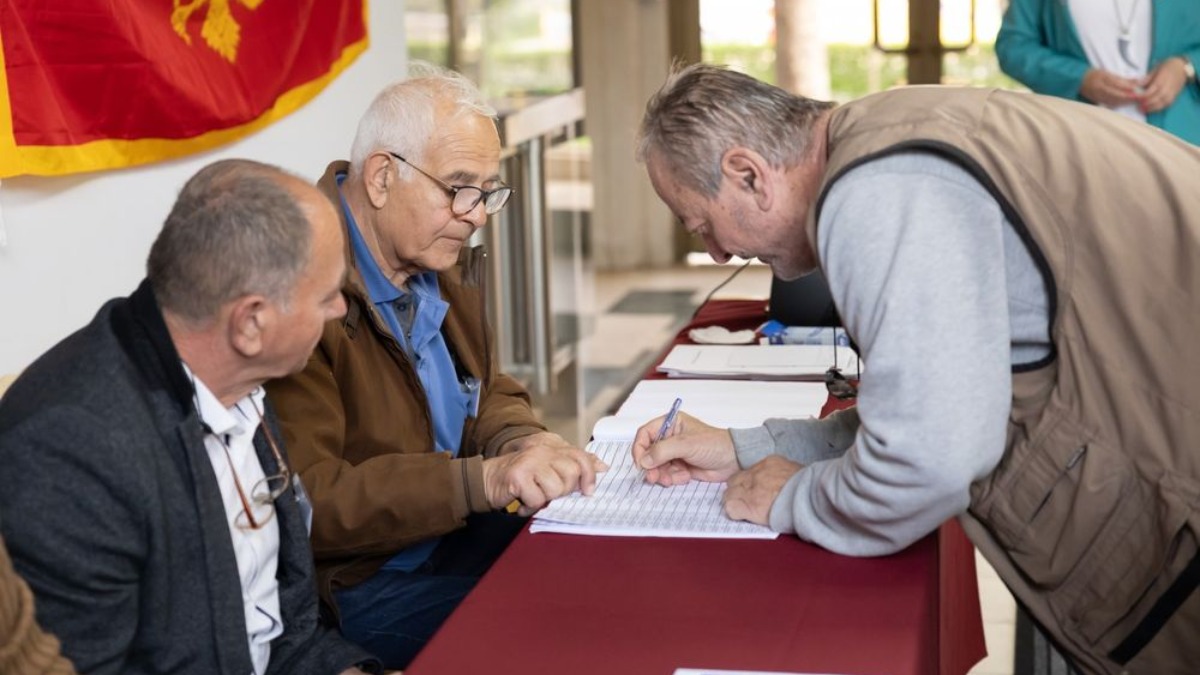Imagine this – Montenegro plans to hold all elections – local, parliamentary, and presidential – on ONE single day! Yes, you read that right. This idea, currently a preliminary agreement between the parliamentary majority and the opposition, could become reality as soon as 2027. The goal? To align the electoral process with EU standards and reduce voter fatigue. But is this really smart or just another political stunt? Let’s dive into the details.
EU Standards or Electoral Chaos?
According to unofficial information, if political conditions allow, local, parliamentary, and presidential elections could be held on the same day. Studies show that in many European countries, holding elections together reduces costs and increases turnout. But Montenegro is not quite like Austria, France, or Sweden. For example, only Sweden legally mandates holding local, regional, and parliamentary elections on the same day. Other countries have various restrictions and rules, such as bans on calling snap elections in the last six months of a term or introducing forced administration if elections cannot be held.
What Do European Countries Say?
In France, Croatia, Latvia, Portugal, Spain, and Sweden, councilors and MPs have different term lengths, and snap elections do not grant a full term. In Croatia, if less than nine months remain until regular elections, elections are not called, and forced administration is introduced. In Malta, local elections can be postponed up to a year if European Parliament or parliamentary elections are held. So, the rules are complex and tailored to each country.
And Montenegro?
Montenegro is currently debating whether it is possible and wise to hold all elections on one day. Frequent elections tire citizens and are costly, so consolidation could be a step forward. However, the legal framework is not yet aligned, and political conditions are uncertain. The parliamentary committee on electoral reform is expected to decide soon.
How Long Are Terms?
In most European countries, local councilors serve four-year terms, while in France and Belgium, terms can last up to six years. In Greece, Ireland, Hungary, and Poland, terms last five years. In Montenegro, the term is four years, but other options are being considered in line with European practices.
Is This Really a Step Toward the EU?
Yes, aligning electoral processes with EU standards is one of the conditions for membership. But can holding all elections on one day work in practice? Will voters have enough time and information to make quality decisions? Will political parties be ready for such a change? These are questions with no clear answers yet.
Conclusion
Montenegro stands on the brink of a major electoral reform that could change how representatives are chosen. The idea of holding all elections on one day sounds like a dream for those who hate election campaigns and costs, but a nightmare for those fearing legal chaos and political instability. While we wait for the parliamentary committee’s decision, we can only ask – is this really a step toward the EU or just another political game?
What about you? Would you vote for all elections on one day or think it’s a recipe for disaster? Drop a comment, let your voice be heard – or at least let’s have a laugh together at this electoral madness!












